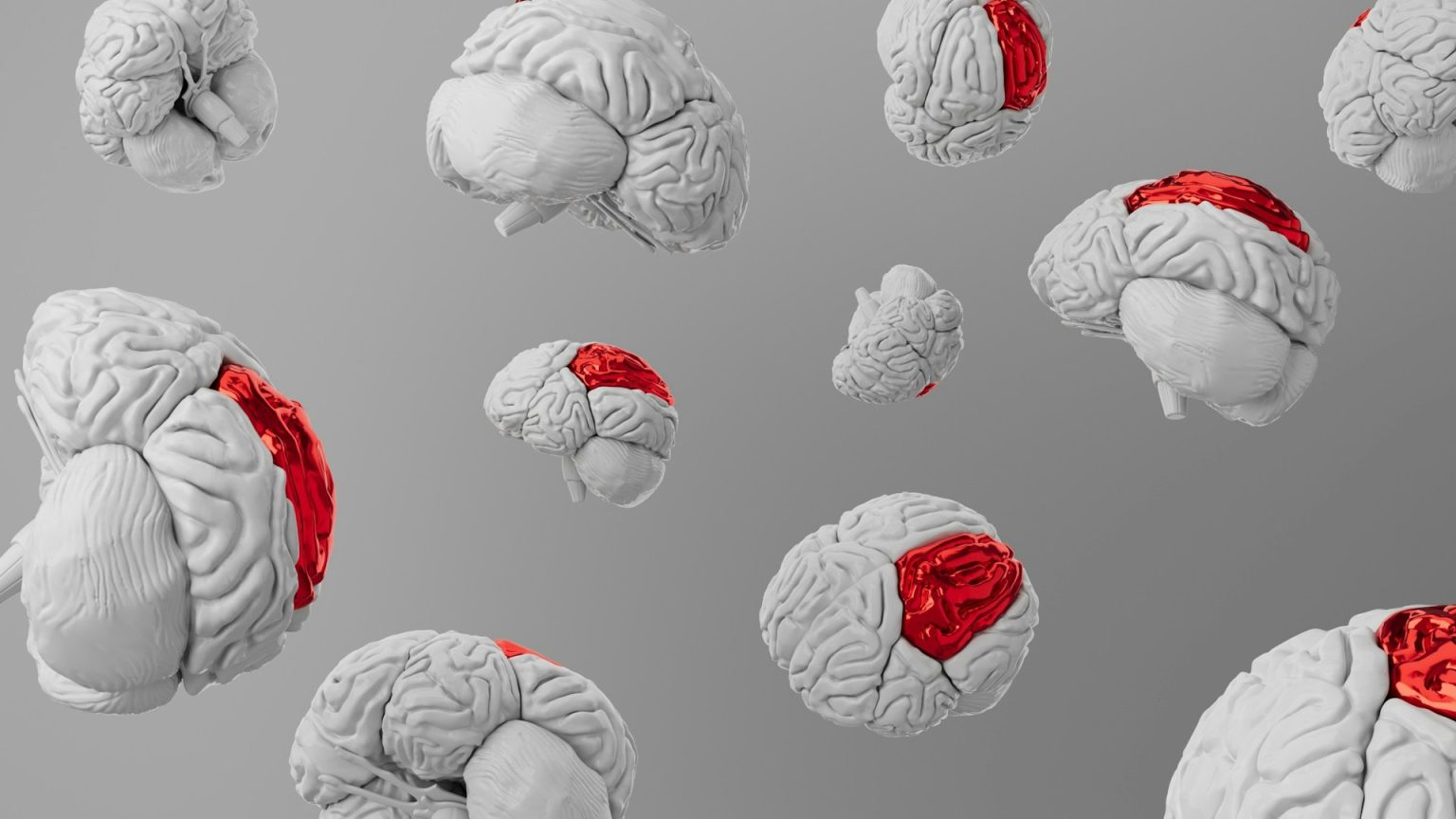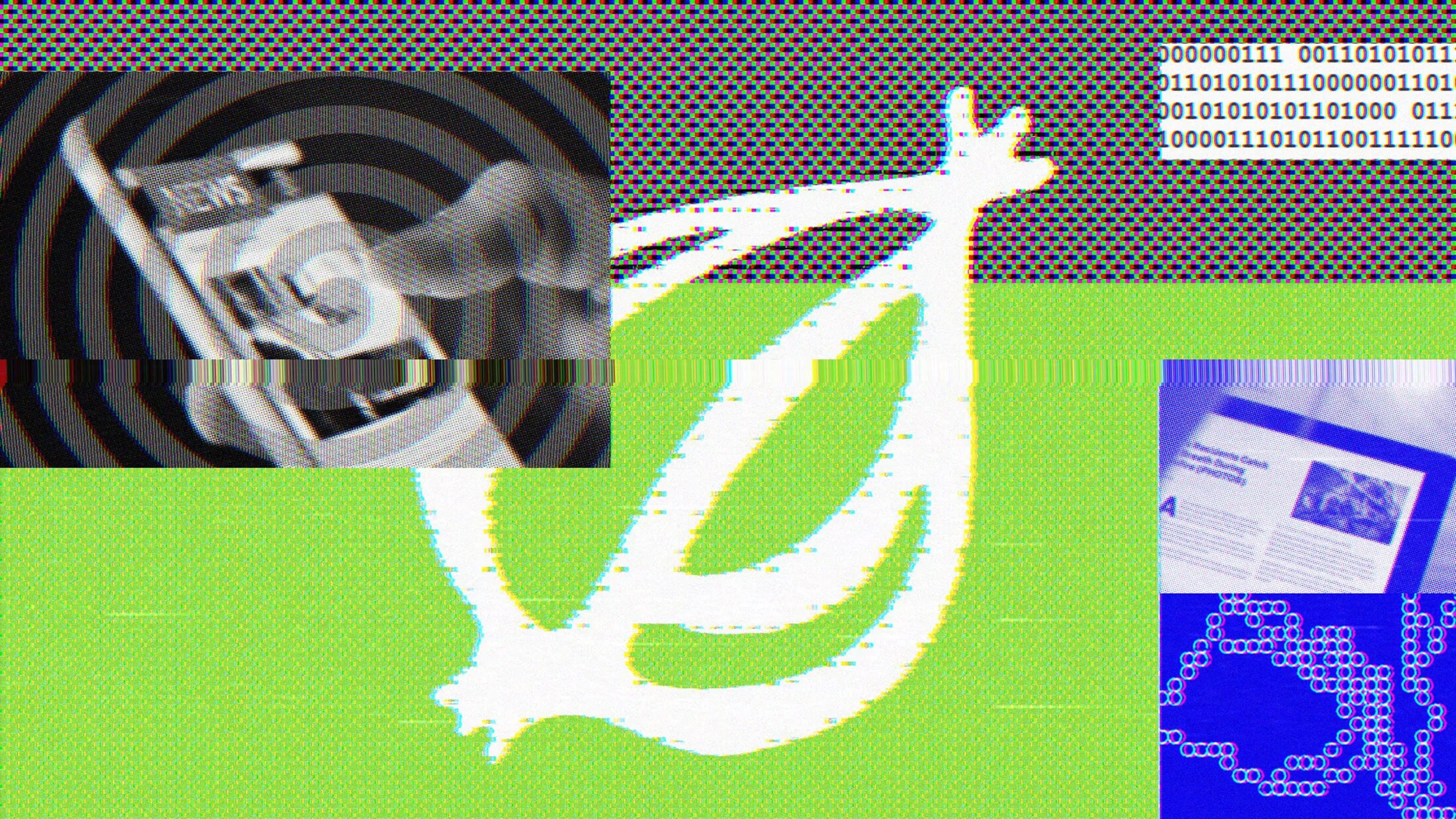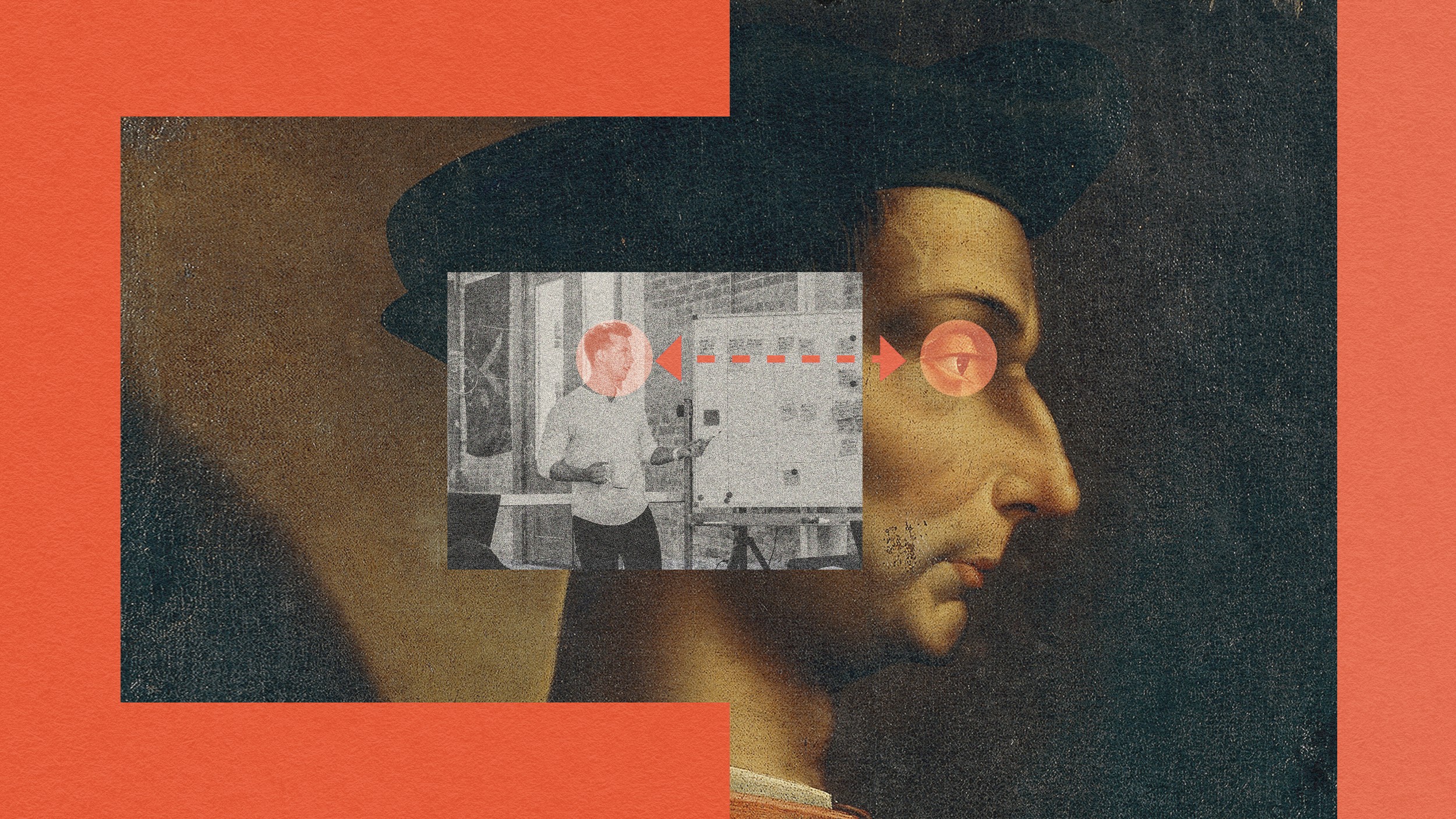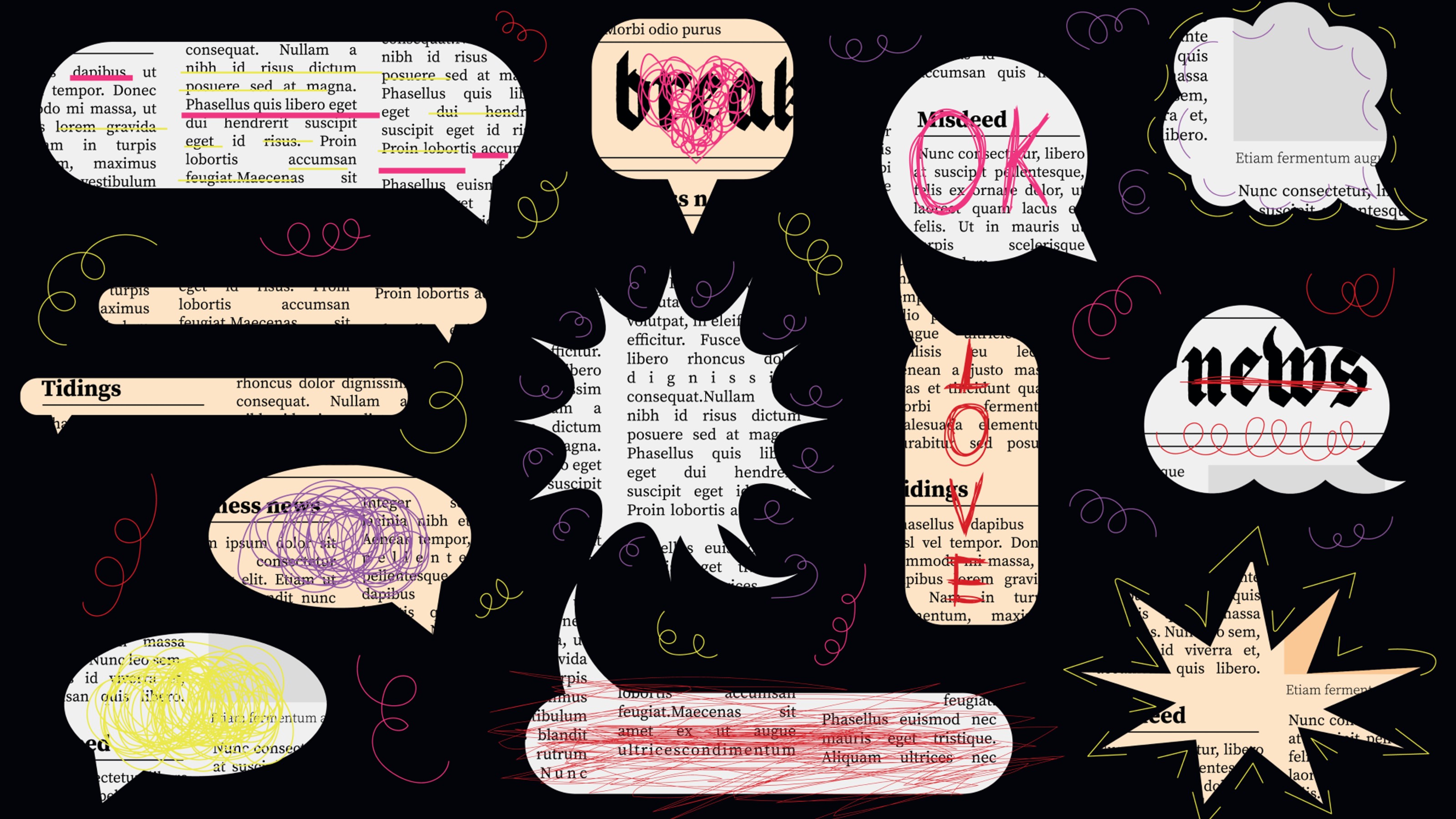How redefining happiness can transform your life

- Everyone desires happiness, but we rarely have a firm definition of what will make us happy.
- The old happiness prescribes things like money, fame, perfection, and winning, but these don’t lead to lasting happiness.
- Philosophy and modern research suggest a new path to happiness: being yourself and giving of yourself.
You might be wondering what a definition of happiness is and how changing it could possibly have such a huge impact. You’d be right to do so, given it’s something we rarely discuss. [Previously], I wouldn’t have known how I defined happiness either. My definition was so embedded that I took it for granted as the truth. It never once occurred to me that it was an idea, something that could be changed.
Our definition is so important because the word happiness itself is a fuzzy, vague concept. We all know what it feels like, but it’s not something we can point to, like a chair or a flower or a snail. Philosophers and scientists have been squabbling over what happiness is for thousands of years, proposing hundreds of different definitions.
When you look up happiness in the dictionary, the word is defined as “a state of well-being and contentment.” Not helpful. If happiness drives everything we do, we need to have an idea of what will lead to this state.
In the absence of a clear definition, we look to the world to tell us what happiness is. This definition gets documented in our own personal dictionary of beliefs: This will make me happy.
From there, this definition guides all of the decisions that you make and the actions that you take in your lifelong pursuit of happiness. [In Charles Dickens’ A Christmas Carol], when [Ebenezer] Scrooge’s dead business partner, Jacob Marley, and the three ghosts visited Scrooge on Christmas, he was shocked into realizing how wrong his definition of happiness was.
He suddenly could see it all so clearly. The path of money and success — pursuits stemming from a deep place of not feeling good enough, which lead to isolation — would never make him happy. If he continued living in this way, he would die alone and unloved, a loss only remarked upon with exclamations of relief.
Desperately, Scrooge pleaded with the Ghost of Christmas Yet to Come, “Assure me that I yet may change these shadows you have shown me, by an altered life!”
Scrooge was given a second chance. He took it. He woke up and began living in a brand-new way. His neighbors didn’t recognize him because no one had ever seen him smiling. With one choice, he changed his whole life, and he went from being the most miserable man around to becoming “as good a friend, as good a master, and as good a man, as the good old city knew, or any other good old city, town, or borough, in the good old world.”
We know this story as a fable, but I think we should look at it in another light: a cautionary tale. When I ask people about how they were taught to define happiness, I get remarkably similar answers. Scrooge just took them to the extreme.
The world has told us that happiness comes from:
- Being perfect, or as close to it as possible.
- Making more and more money.
- Acquiring more and more stuff.
- Conforming to the prescribed path.
- Working harder and harder (and never resting or slowing down).
- Gaining fame, popularity, and acclaim.
- Competing against other people (and winning).
This is Old Happy — our society’s broken definition of happiness that is, in fact, the very source of our deep unhappiness.
As it turns out none of these things make us happy. Studies show that perfectionism is a leading cause of depression and anxiety. The more you value getting lots of stuff, the more your well-being decreases. Overworking significantly harms your physical and mental health. Denying who you really are and what matters to you leads to ill-being. The pursuit of goals like fame and fortune often prevents you from fulfilling your true psychological needs of authenticity and connection. Viewing life as a competition increases stress and loneliness.
Contrary to what we’ve been taught, happiness isn’t something that you have to acquire, or wait for, or please someone else to receive.
In a recent podcast interview, Shaquille O’Neal — one of the most recognizable figures in sports and culture, whose long list of accomplishments includes multiple National Basketball Association (NBA) most valuable player (MVP) honors and four NBA championships — described an extreme manifestation of Old Happy: “I live in a thirty-thousand-square-foot house by myself. You don’t think I know I messed up?”
If you’re wondering whether Old Happy has infiltrated your life, see if any of [these statements] resonate with you:
- “I never feel like I’m good enough.”
- “I got what I thought I wanted. I still feel miserable.”
- “I never let myself take breaks or rest.”
- “It feels like I’m pretending to be someone I’m not.”
- “I feel so lonely all of the time.”
- “Am I the only one who is secretly miserable but pretending not
- to be?”
- “I’m doing what I’m ‘supposed’ to do. Why isn’t it working?”
We build our lives around the pursuit of Old Happy. We push ourselves harder and harder to achieve it. We craft a culture that encourages, incentivizes, and forces it. And, tragically, many of us die having never really been happy, sold a false bill of goods but holding out hope until the end that somehow, we’ll “get there.”
Lasting happiness is possible
For the last ten years, one question has consumed me: What is a better definition of happiness? As I read thousands of academic studies and hundreds of books by philosophers and theologians and artists and leaders, I traced two threads that appeared again and again: You need to be yourself, and you need to give of yourself.
I discovered the same message, written in different words by different people. From Mary Shelley, the author of Frankenstein, who wrote, “There is but one solution to the intricate riddle of life, to improve ourselves and contribute to the happiness of others.”
In every tradition and discipline, people were describing it. Marie Curie, the winner of two Nobel Prizes, wrote, “Each of us must work for his own improvement, and at the same time share a general responsibility for all humanity, our particular duty being to aid those to whom we think we can be most useful.”
Our most beloved leaders and cherished icons championed it, as when Martin Luther King Jr. said, “Those who are not looking for happiness are the most likely to find it, because those who are searching forget that the surest way to be happy is to seek happiness for others.”
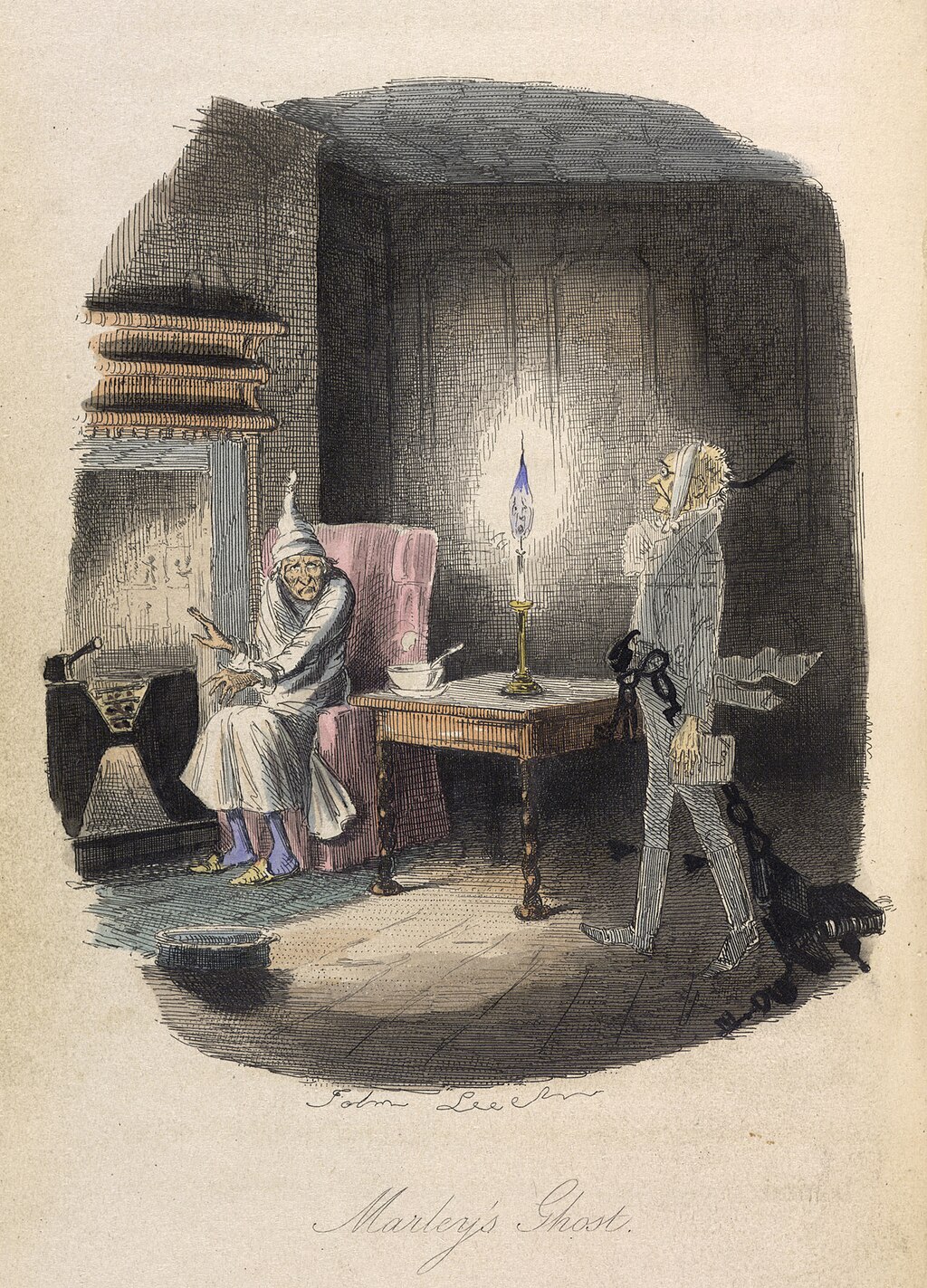
I traced these threads through the science, too. Studies show that using your unique strengths makes you feel happier, helps you grow, and offers a venue for self-expression. People who are connected to others live longer, happier lives. Integrating the two leads to a sense of meaning and purpose makes an impact on the world and provides you with the feeling that your life matters.
Here was the answer to my question: To be happy, discover who you are, and share yourself in ways that help other people. This is the path to happiness, and I call it New Happy.
In some ways, it’s not really new. Many years ago, people like Aristotle and the Buddha were advocating for something similar. However, not only were their ideas hard enough to apply at the time, but our world has changed dramatically since then. They also didn’t have access to what we have: the wonders of modern science, which have helped us confirm many of their insights but also take them much, much further. The New Happy philosophy has been shaped by their wisdom but is grounded in modern research and expanded to address our real-life needs.
Contrary to what we’ve been taught, happiness isn’t something that you have to acquire, or wait for, or please someone else to receive. Happiness isn’t found in any of Old Happy’s haunts, and you don’t need a haunting to find it for yourself.
The transformation that Scrooge undergoes is not a mere children’s story. It’s something that’s possible for you, too. You can have moments of joy, that build to days of fulfillment, that make a life that leaves people better off because you existed. When you change your definition of happiness, everything else changes, too.
